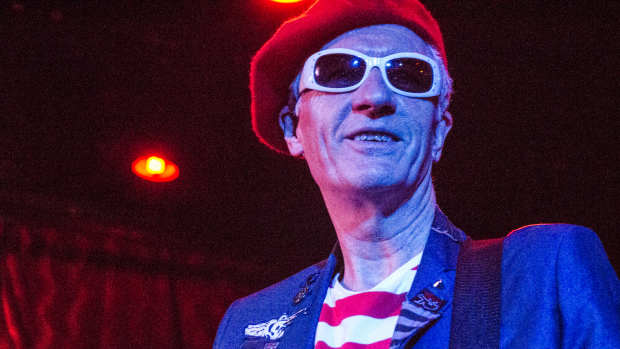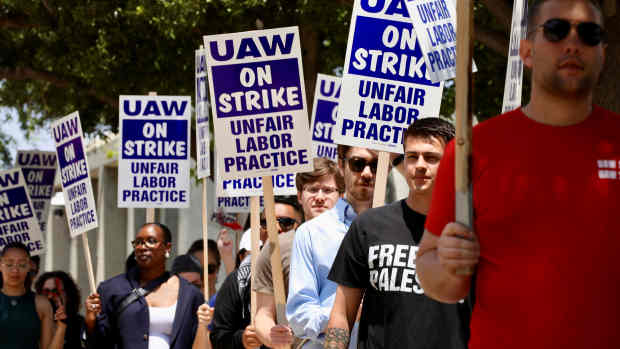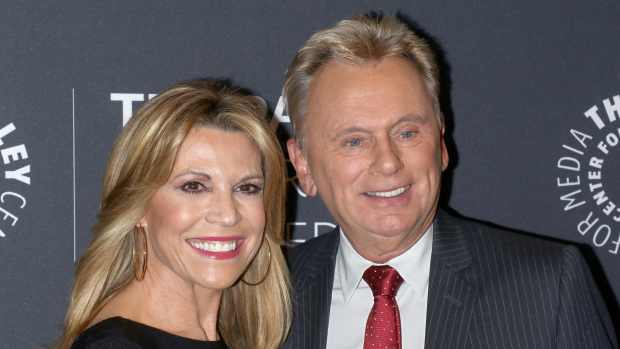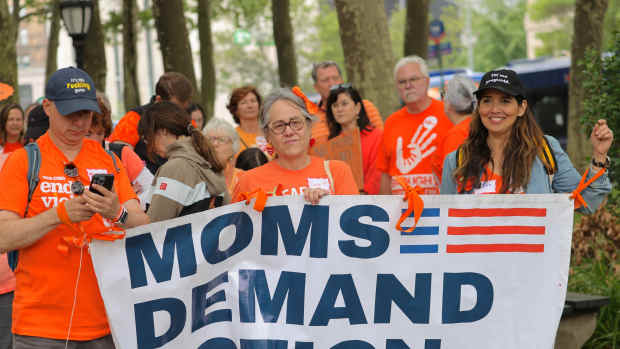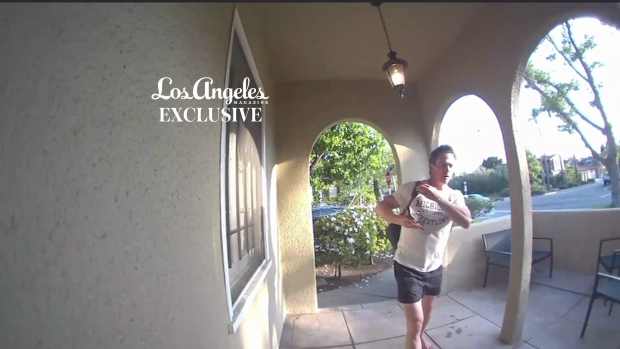Curtain Call: 35 Years Later, Gretchen Cryer Creates a Sequel to I’m Getting My Act Together and Taking It On The Road
By the time Gretchen Cryer & Nancy Ford’s I’m Getting My Act Together and Taking it On the Road went up in Los Angeles in 1982, the show had played over 1,100 performances at the Public Theatre in New York. Centered on a struggling singer trying to infuse her new act with songs and dialogue about the role women played in society, the concept was a huge hit. In 2011, Cryer & Ford wrote a sequel; I’m Still Getting My Act Together premiered in repertory, with the original playing at the York Theatre. The two shows have now been trimmed and combined into one mega-production (also titled I’m Still Getting My Act Together and open now at the Laguna Playhouse), which takes place over the course of 30 years. Here Cryer, who plays the lead in the show's second half, talks about writing the new show and reprising a role she created both on the page and on the stage.
When did you decide that there should be a sequel to I’m Getting My Act Together and Taking it On the Road?
It had been building up for a long time—we’d been thinking about it for at least ten years. Suddenly it just came pouring out. I actually did the writing about four to five years ago. I started writing early in the morning on a yellow pad and kept going until it was too dark to see. I knew what it was going to be about. I knew what it was going to be. It was just getting it done. It wasn’t a struggle to write.
Why did you pair the two shows rather than let them exist as two stand-alone pieces?
When we had feedback from the audiences at the York Theater, they said, “You have to put these shows together because they resonate when you see them.” It was audience after audience. So we thought, OK, we’ll do that. We cut five to six musical numbers, and we had to get act two down to about an hour. We did a massive rewrite. It required a lot of painful cuts.
When I saw the show in the ’80s, I thought it would have been a museum piece because women’s rights issues would have advanced more significantly. How topical is the first show today?
We thought the same thing when we did it at the York Theatre—that it would seem passé. Even though a lot of the barriers have been broken and we have women who are doctors and CEOs, the emotional underpinning of the sexual politics hasn’t really changed. So the core of it is still valid. We had a lot of mothers and daughters, and the younger women felt that the show from 30 years ago still emotionally resonated with them. Act one is a period piece, and you acknowledge that it’s a period piece. But the emotional reality is still very much there.
What prompted you to play Heather in the second half of the show? That has to be grueling.
I’m directing the show, and in a way, I thought it was a shortcut because I knew we had a very brief and intense rehearsal period. We have two and a half weeks to rehearse. Because I know how I wanted the show to go, it seemed like a good idea to be in it and direct it. This is not to say another director might not have had other perspectives, but with so short a period of time, it seemed to make sense to me.
Our culture celebrates the number of Instagram followers someone has and the ability to truncate observations to 140 characters. How does a show about a woman who clearly isn’t a YouTube sensation cut through the noise?
I totally agree. There is the whole feeling that older is not hip, and the show is about that. It’s about trying to dispel the stereotypes. Act one was dispelling the old set of stereotypes about what it was to be a woman. Act two is about dispelling the stereotypes of what it’s like to be older.
Your son Jon Cryer (Two and a Half Men) is producing the show along with his wife and a third partner. Is there a sense of irony that he had great success on a show that was hardly known for its positive portrayal of women?
That is a funny observation. The Charlie Sheen character was the misogynist, but everybody knew that he was. They weren’t pretending he was a regular guy. The comedy was about how misogynist he was. [Jon] loves this show. In both acts there is a manager (Rex Smith) who is still caught up in those old stereotypes. You understand his confusion and can sympathize with it. That was a time of incredible transition.
Do you foresee a time when we we’ve achieved equality between the sexes and are not in a period of incredible transition?
Good question. Will we always be? I don’t know if we ever will be.


